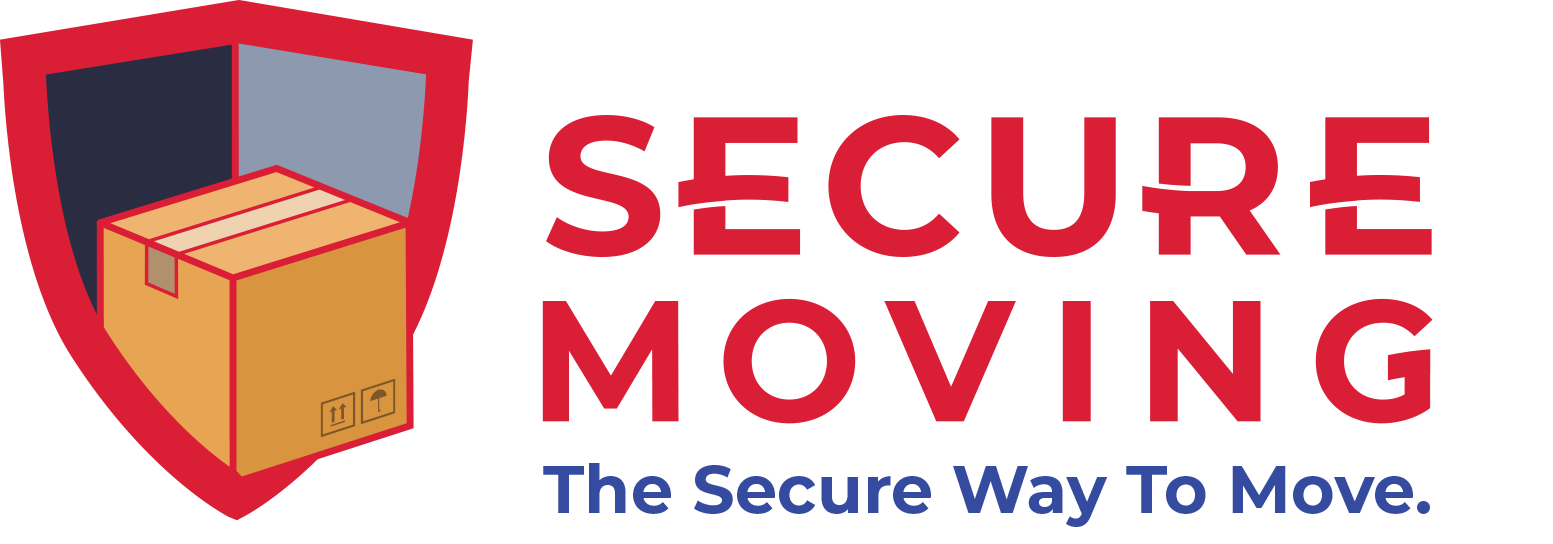Moving to a new state or across the country is a big adventure, but it can also feel overwhelming. Packing up your life and starting fresh somewhere new takes a lot of planning, but with the right approach, it doesn’t have to be stressful. When figuring out the best way to move cross country, you usually have two choices: doing it yourself (DIY) or hiring professional movers. This blog will compare these two options to help you decide which one is right for you. Whether you’re moving for a job, family, or just a change of scenery, choosing the best way to move your belongings is important. In this article, we’ll go over different moving options, compare DIY moves to hiring professionals, and share tips to make the process smoother. With a little preparation, you can save money, stay organized, and settle into your new home with less hassle.

Choosing the Right Moving Method
When it comes to moving long distances, choosing the best way to move cross country depends on your budget, timeline, and the amount of stuff you need to transport. Each method has its own pros and cons, and selecting the best one requires careful consideration of your unique situation. Here are some of the moving methods:
1. Hiring a Full-Service Moving Company
The best way to move household goods across the country is by hiring movers. Professional movers handle everything from packing to transportation and even unpacking at your new home. While this is the most convenient choice, it’s also the most expensive. It’s ideal for those with large households or valuable furniture who prefer a stress-free move. Professional moving companies also offer insurance coverage for added peace of mind, ensuring your belongings are protected during transit.
| Pros | Cons |
| Less physical labor for you | Higher costs compared to other methods |
| Efficient and professional handling | Less flexibility in scheduling |
| Option for insurance coverage | Potential delays due to mover availability |
| It can include fees for packing, unpacking, and other extras. |
2. Using a Portable Storage Container
Some companies offer portable storage containers that allow you to pack and load at your own pace. It can be the best way to ship belongings across country. Once you have packed your belongings, the company handles transportation to your new location, making the process more convenient. This option provides greater flexibility and is often more affordable than hiring full-service movers.
Additionally, it removes the hassle of driving a moving truck and provides a secure storage option for those facing a delay between moving out and settling into their new place. However, this approach may result in longer wait times compared to other moving methods, and delivery schedules are often less flexible. Moreover, placing a container requires ample space, which might not be an option in certain areas. For a seamless and well-coordinated move, a moving company in North Vancouver can offer tailored solutions to fit your needs.

3. Renting a Moving Truck
If you’re comfortable driving a large vehicle, maybe the best way to move to another state is by renting a moving truck which can be a cost-effective way to move. You’ll need to load, drive, and unload everything yourself, but it offers flexibility and savings compared to hiring movers. Rental truck companies offer different sizes to accommodate various moving needs.
| Pros | Cons |
| Lower cost compared to full-service movers | Requires driving a large vehicle long distances |
| Control over the moving timeline | Higher physical effort |
| Suitable for large moves | Additional costs for fuel, insurance, and lodging |
4. Shipping Your Belongings
For smaller moves, shipping your belongings via UPS, FedEx, or freight services can be an efficient option. It’s particularly useful for those who are relocating without large furniture or appliances. Shipping items can be cost-effective if you’re only moving clothes, books, and personal belongings.
Pros:
- No need to drive or load heavy items
- Ideal for small moves
- Affordable for limited belongings
Cons:
- Not suitable for large furniture
- Requires careful packing for fragile items
- Delivery times vary depending on the service
5. Utilizing a Freight Trailer
Freight companies offer trailers where you pay only for the space you use, making it a cost-effective alternative to full-service movers while still benefiting from professional transportation. This can be the best way to move belongings across the country, striking a balance between DIY moving and hiring a moving company, providing affordability without the hassle of driving a large vehicle. However, you are responsible for loading and unloading your belongings, which requires significant effort. Additionally, scheduling may be less flexible, and exceeding the allotted space can result in extra charges. For a smoother and more convenient relocation, consider moving companies in West Vancouver to handle your move professionally.

Comparing DIY Moving vs. Hiring a Moving Company
Deciding whether to handle the move yourself or hire professionals depends on various factors. Here’s a comparison to help you decide:
| Factor | DIY Moving | Hiring a Moving Company |
| Cost | More affordable | More expensive |
| Physical Effort | High | Minimal |
| Time Required | Longer | Faster |
| Convenience | Moderate | High |
| Risk of Damage | Higher | Lower |
| Control Over Move | Full | Limited |
When DIY Moving Makes Sense
- You’re on a tight budget.
- You have a small household.
- You have friends or family to help.
- You’re comfortable driving a large truck.
When to Hire a Moving Company
- You have valuable or bulky items.
- You want a stress-free experience.
- You have a strict timeline.
- You’re moving long distances without extra help.
How to Move Your Household Goods Efficiently
After choosing the best way to move stuff across country, to ensure your household goods arrive safely, consider these key steps:
- Declutter Before Packing: Sort through your items and sell, donate, or discard what you no longer need.
- Use High-Quality Packing Materials: Sturdy boxes, bubble wrap, and packing paper help protect fragile items.
- Label Everything Clearly: Mark boxes with their contents and destination rooms for easy unpacking.
- Choose the Right Moving Method: Match your moving approach to your needs and budget.
- Plan for Moving Day: Have essentials packed separately and coordinate logistics in advance.
- Notify Important Parties: Update your address with banks, utilities, subscriptions, and government agencies.
- Prepare for the Unexpected: Have an emergency fund for unexpected expenses or delays.

Conclusion
We explored what is the best way to move long distances. Moving long cross country requires careful planning and selecting the right approach for your needs. Whether you choose a full-service moving company, rent a truck, or opt for portable storage, understanding your options will help you make an informed decision. To make the transition even easier, consider creating a detailed moving checklist and ask for help from moving companies.
Secure Moving Company: Trusted and Efficient Moving Solutions
Secure Moving Company provides professional moving service that prioritizes the safety and efficiency of transporting belongings. We offer a range of services, including residential and commercial moves, packing assistance, and secure storage solutions. With trained staff and high-quality equipment, Secure Moving Company ensures a smooth and stress-free relocation experience. Our commitment to customer satisfaction includes timely deliveries, careful handling of items, and optional insurance coverage for added protection. If you’re looking for reliable moving companies in Vancouver BC, call us now to set a time for your comfortable move.









